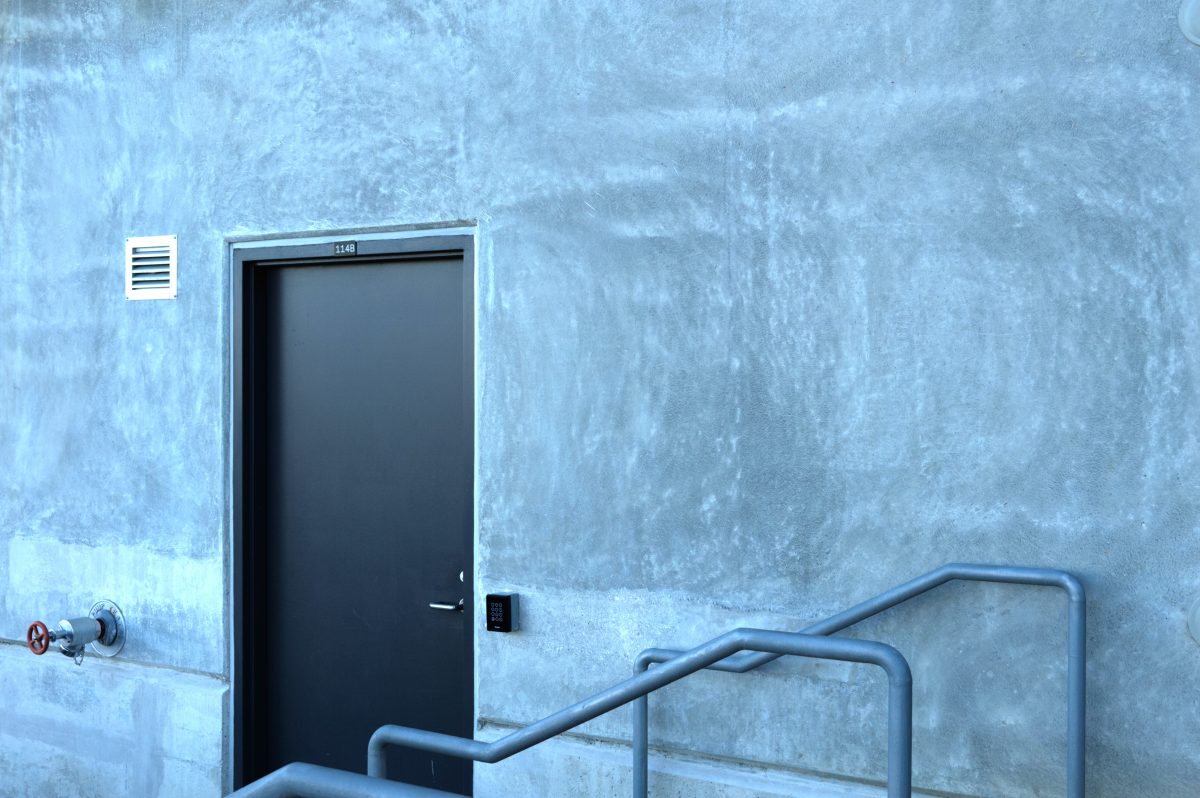
Access Control
In today’s fast-paced world, where businesses are constantly evolving, it’s essential to have tight control over who has access to your buildings and rooms. Whether you’re a small business owner, a facility manager, or a homeowner, controlling access to certain areas can help keep people and assets safe and secure. In this blog, we’ll explore the important reasons why controlling access to buildings and rooms is crucial for success.
Security
One of the primary reasons for controlling access to buildings and rooms is to enhance security. By limiting who can enter a building or room, you can reduce the risk of theft, vandalism, or other criminal activities. This is particularly important in high-risk areas such as banks, government buildings, and hospitals, where sensitive information or expensive equipment is kept. Unauthorised access to these areas can result in significant financial loss and damage to reputation.
Safety
Controlling access to buildings and rooms is also important for safety reasons. Certain areas may contain hazardous materials or equipment that can cause injury or harm to unauthorised individuals. This includes chemical plants, manufacturing facilities, and research labs, where strict access controls are necessary to protect employees and visitors from harm. Ensuring that only authorised personnel have access to these areas can help prevent accidents and injuries, keeping people safe.
Confidentiality
Another important reason for controlling access to buildings and rooms is to protect confidential information. In many cases, certain buildings or rooms may contain confidential information, such as medical records, financial information, or intellectual property. Controlling access to these areas can help protect this information from unauthorised disclosure or theft. This is particularly important for organisations that handle sensitive data, such as hospitals, law firms, and financial institutions. Unauthorised access to these areas can result in legal and financial penalties, as well as damage to reputation.
Compliance
In some cases, certain buildings or rooms may be subject to regulatory requirements that require strict access controls. For example, GDPRis a regulation that requires strict access controls. By controlling who has access to these areas, organisations can demonstrate compliance with these regulations and avoid large fines. In addition, complying with these regulations helps build trust with customers and stakeholders, enhancing the reputation of the business.
Privacy
In addition to protecting confidential information, controlling access to buildings and rooms can also help protect privacy. People may need to use private or personal spaces such as restrooms, changing rooms or offices without being disturbed or exposed. By controlling access to these areas, individuals can feel more secure and protected in their privacy. This is particularly important in public buildings such as shopping centres and sports facilities, where large numbers of people come and go every day.
Resource Management
Controlling access to rooms or buildings can also help organisations better manage their resources such as equipment, supplies, or shared spaces. This includes office buildings, schools, and community centres, where resources are shared among multiple users. By ensuring that only authorised personnel have access to these areas, organisations can prevent misuse or overuse of resources, which can lead to unnecessary costs.
In conclusion, controlling access to buildings and rooms is essential for enhancing security, safety, confidentiality, compliance, privacy, and resource management. By implementing strict access controls, organisations can protect their people, assets, and sensitive information, ultimately contributing to the overall success of the business.




